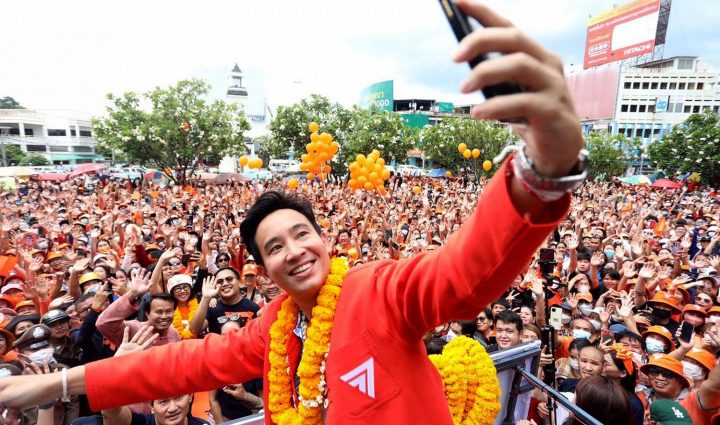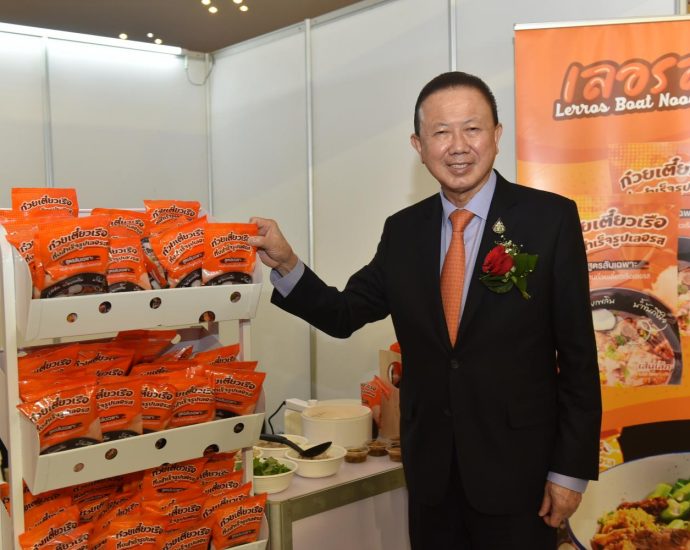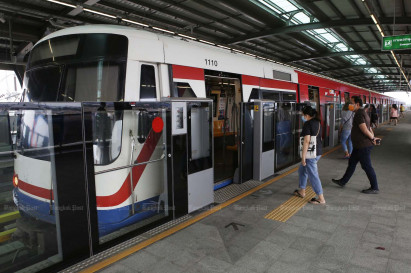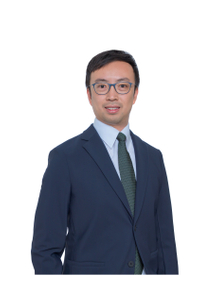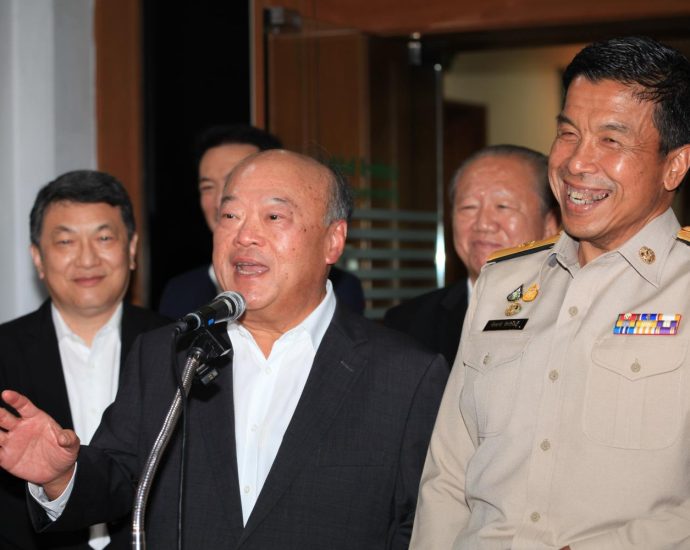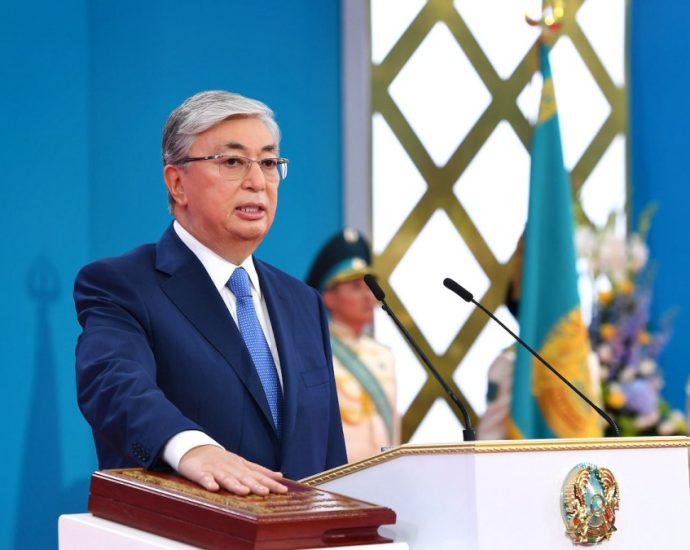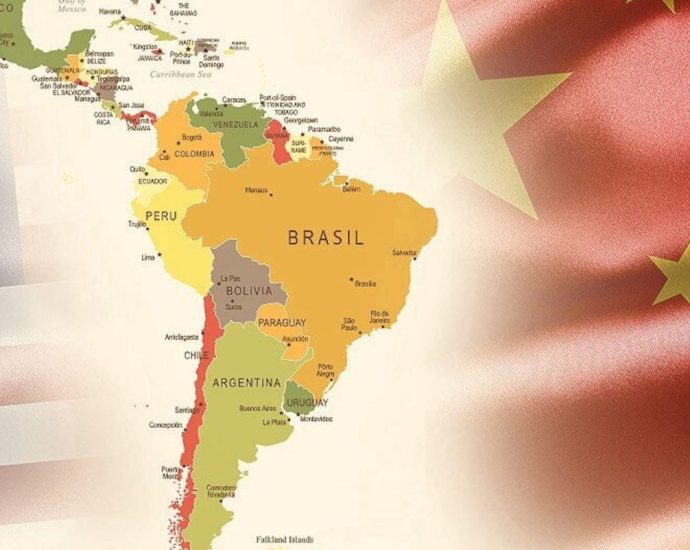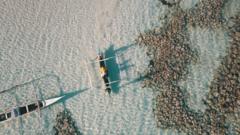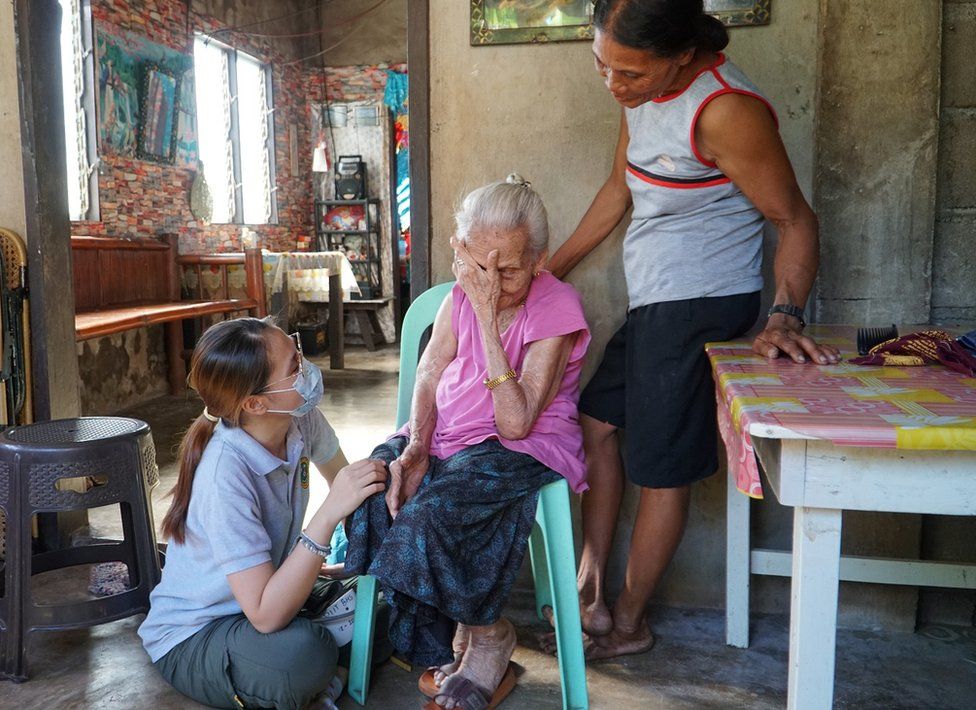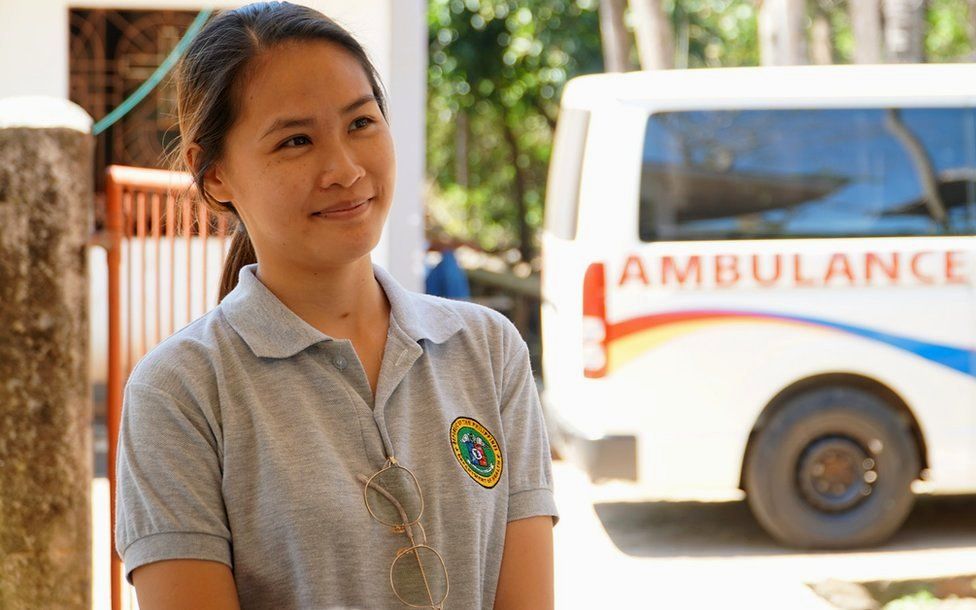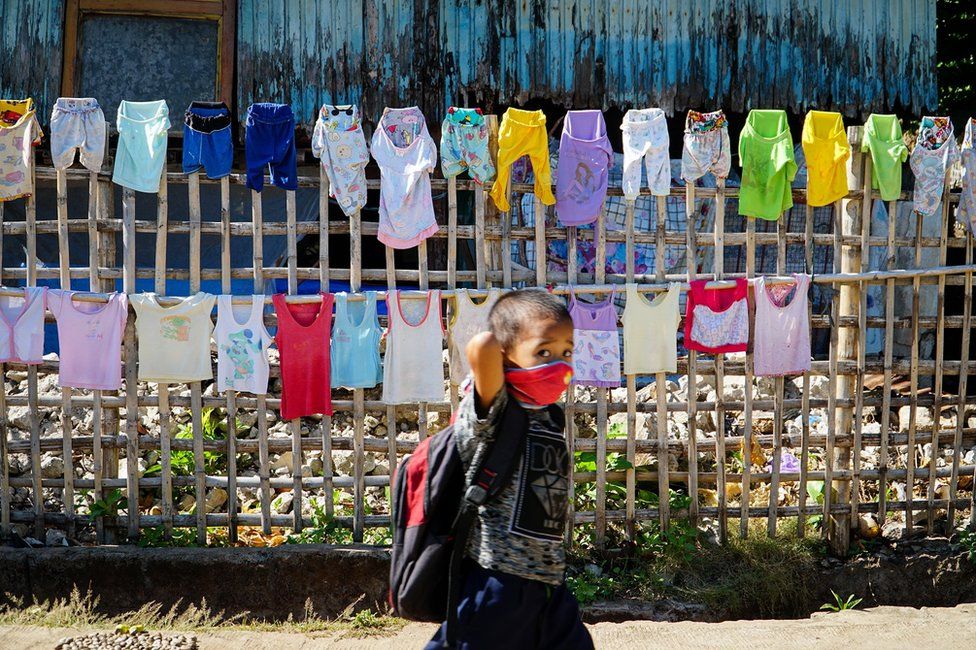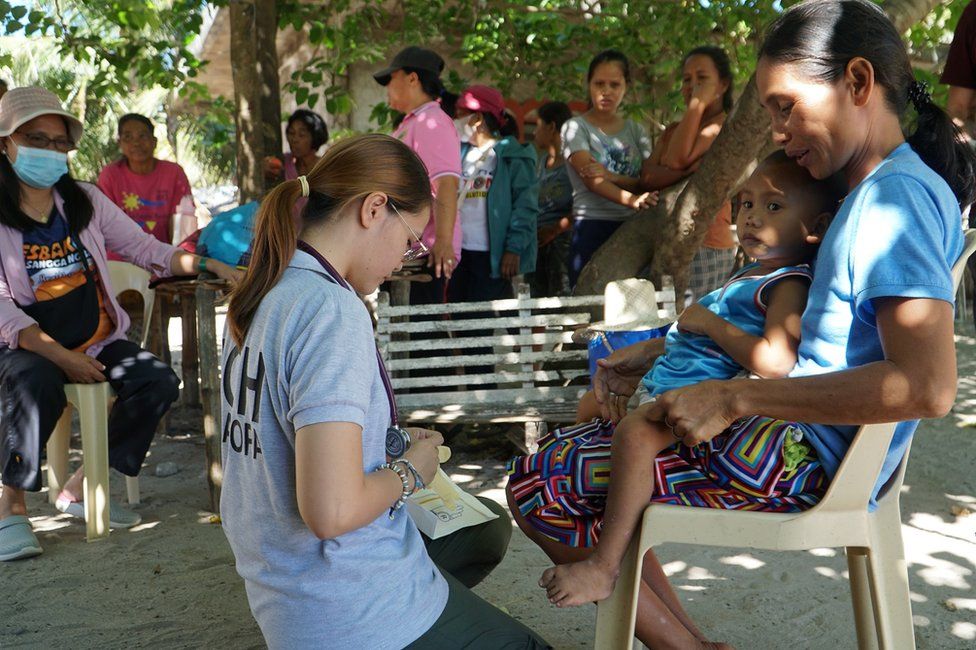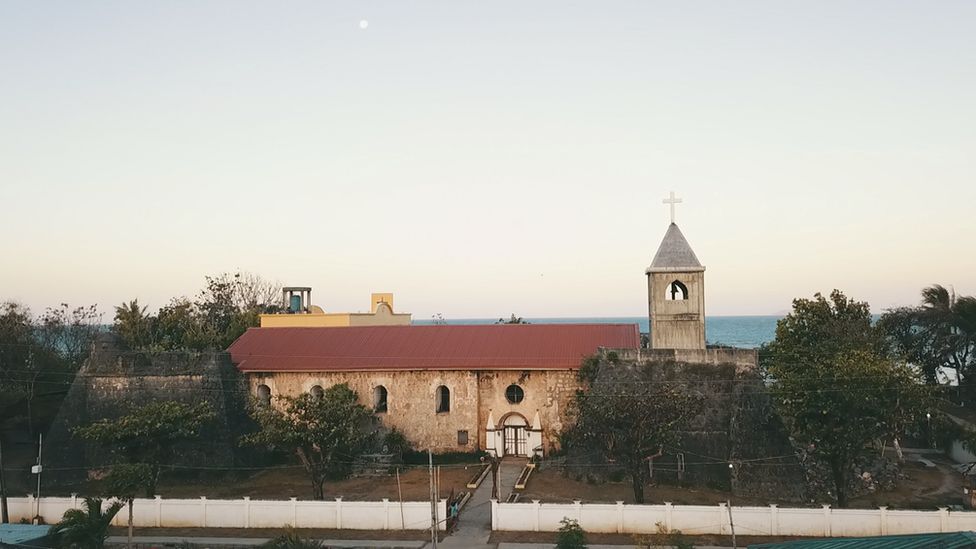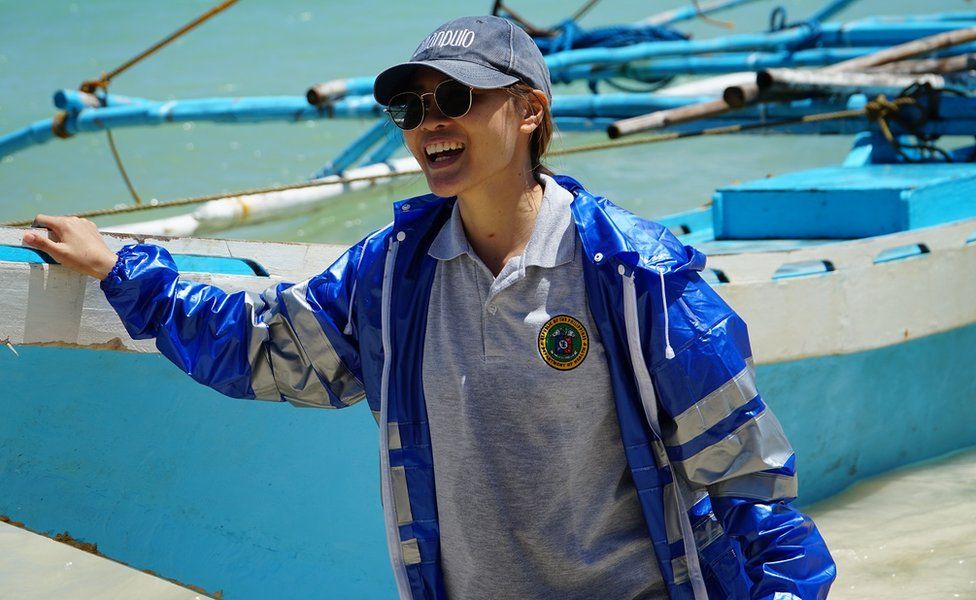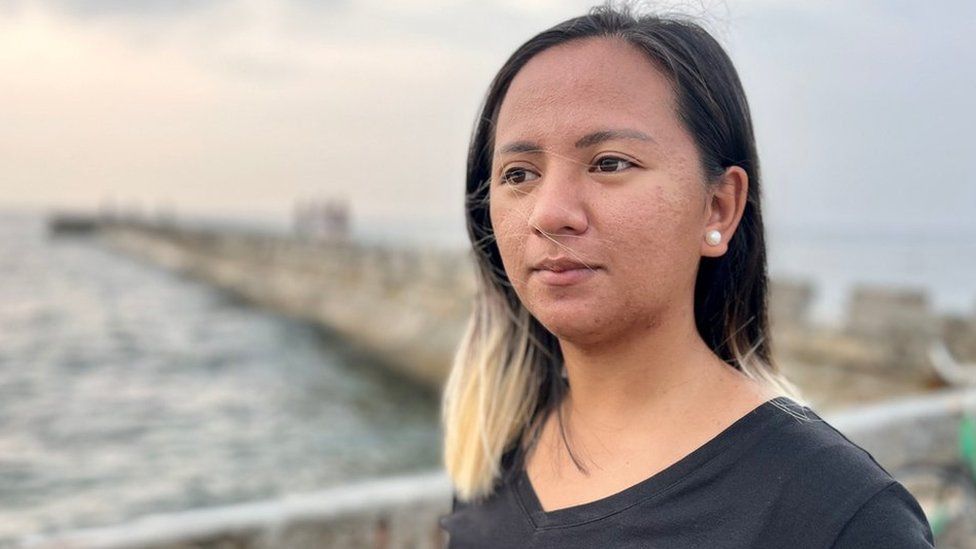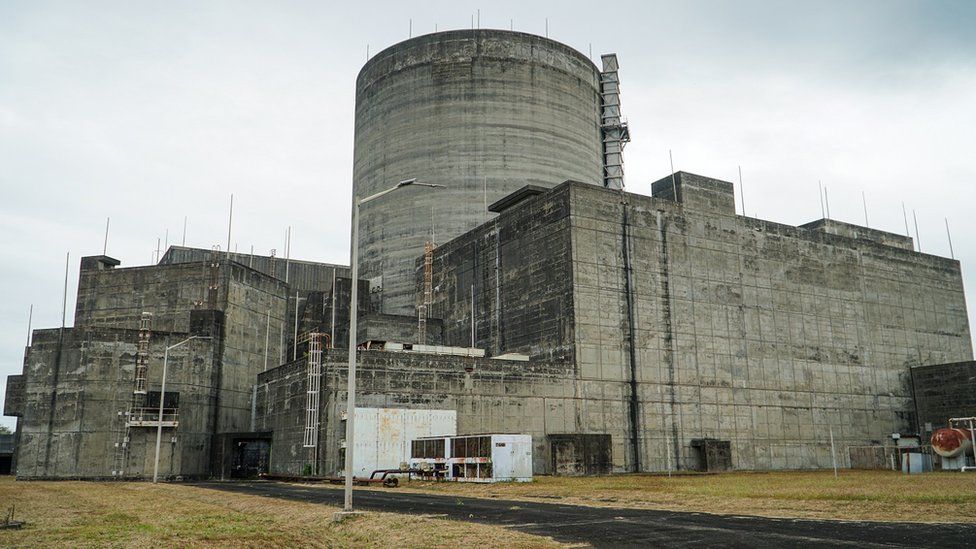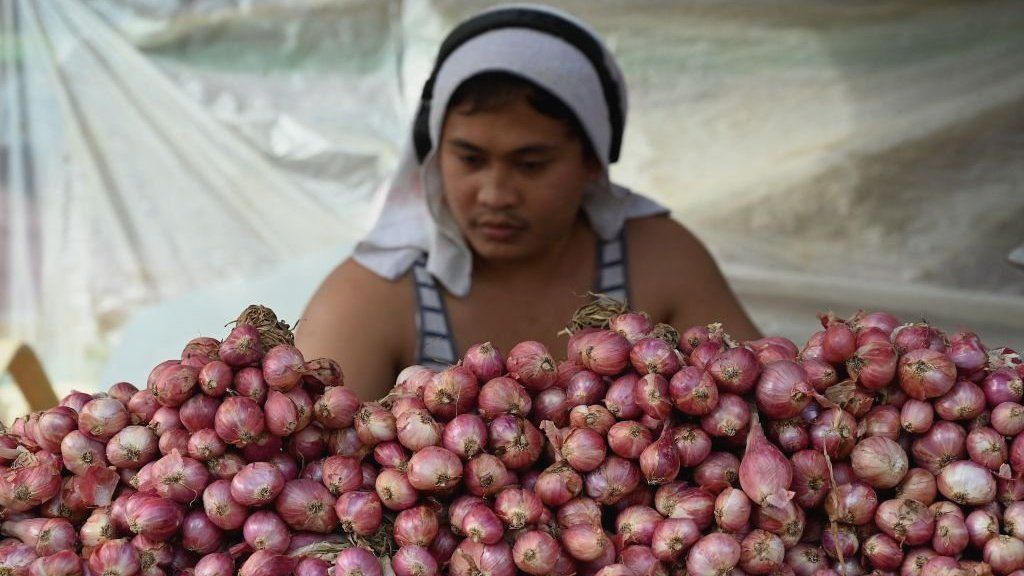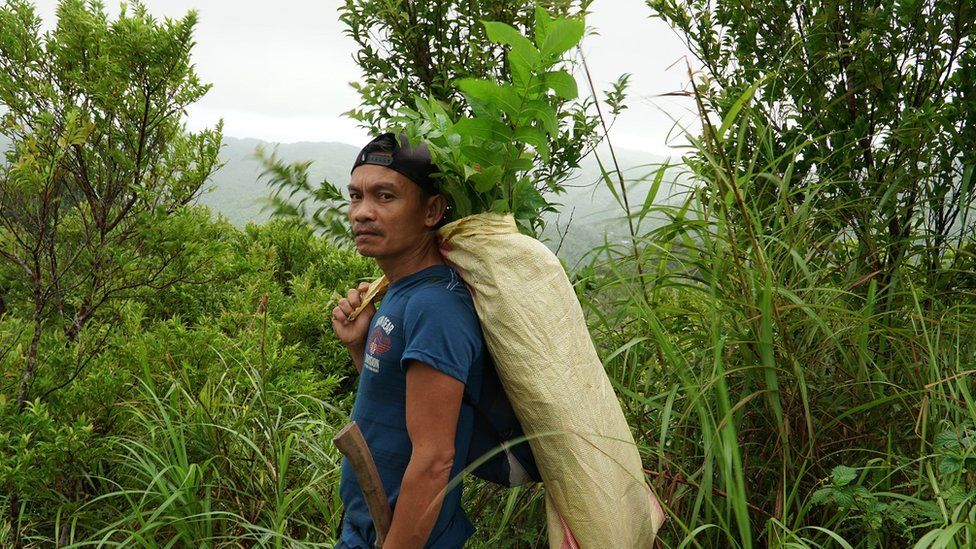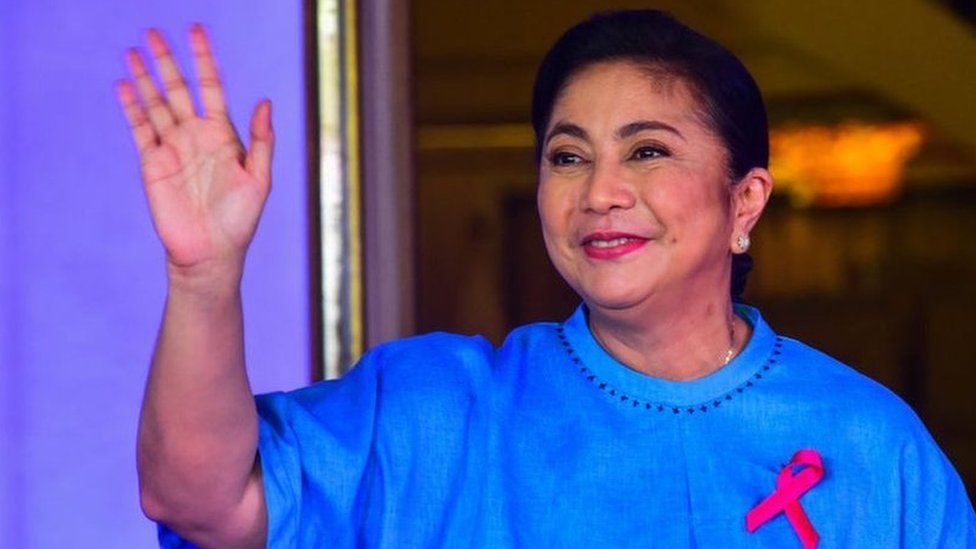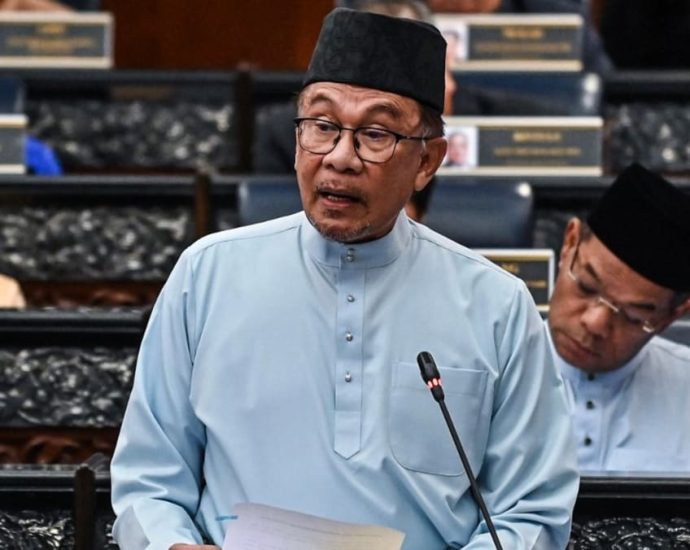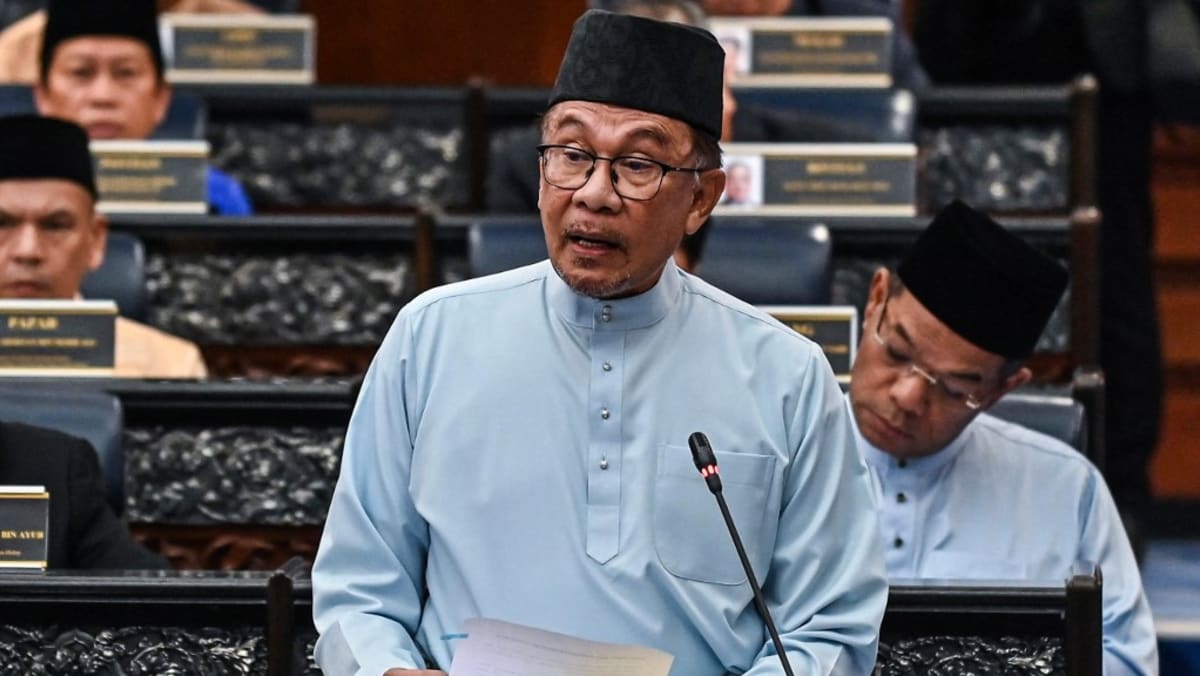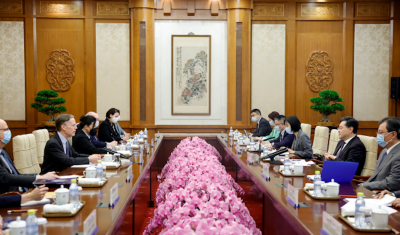Pita bills self as ‘executor’
Denies holding iTV shares as family heir

Move Forward Party (MFP) leader Pita Limjaroenrat has found himself in an even tighter spot concerning his ownership of media shares while running in a national election, as he recently admitted to holding shares in iTV as executor of his father’s estate — before then transferring them to other relatives in a bid to avoid more legal complications.
Mr Pita admitted last week he transferred the 42,000 shares to his kin to pre-empt any move blocking his rise to power. Earlier, he said he had been holding the shares as executor of his late father’s inheritance, not as an heir himself.
Niwatchai Kasemmongkol, secretary-general of the National-Anti Corruption Commission (NACC), said Mr Pita submitted a record of his shares in iTV to the agency after he became an MP following the 2019 general election.
He said the MFP leader also attached a copy of a court order appointing him as executor of his late father’s inheritance, but the NACC could not verify the document because the court no longer has it in its records.
Mr Niwatchai said the agency is required to recheck documents with the authorities but it cannot find a record of it. The document is almost two decades old.
He said Mr Pita would be asked to submit additional documents to prove his claim that he held the shares as executor of the family’s inheritance.
Under the law, all assets and debts declared by political office-holders must belong to the holders when they declare them.
“If an individual holds shares as an executor, it is unclear how many shares he will inherit and the shares are not allocated to him in his capacity as an heir,” said Mr Niwatchai.
Asked if an order by the Constitutional Court would clear up the doubts surrounding Mr Pita’s share-holding case, Mr Niwatchai said the NACC is not authorised to rule on this matter or Mr Pita’s qualifications as an election candidate.
He said the NACC would hand over Mr Pita’s asset and debt declaration to the Election Commission (EC) if requested.
Mr Pita has yet to submit his assets and debts after vacating office as an MP and he has until June 18 to file the document, according to the NACC secretary-general.
Former MPs have up to 60 days after vacating office to submit declarations, or by May 19. However, the deadline has been extended to June 18 this year.
Asked if Mr Pita is required to declare the transfer of shares in the fresh declaration, Mr Niwatchai said the MFP leader does not have to, but the NACC may ask him to produce proof that he no longer holds the shares.
On the claim that Mr Pita guaranteed loans but did not declare them to the NACC, Mr Niwatchai said that as long he has not been ordered to repay the loan, he is not required to declare it.
Earlier, the media reported Mr Pita had guaranteed loans but not declared them to the NACC.
Former election commissioner Somchai Srisutthiyakorn posted on Facebook on Wednesday that Mr Pita’s decision to transfer his iTV shares indicated the MFP leader previously owned them, rather than that he was “abandoning” his inheritance.
He cited a share transfer document submitted to the EC by political activist Ruangkrai Leekitwattana to support his claim.
The document showed Mr Pita transferred the shares to his brother, Pasin, on May 25.
Mr Somchai said that based on the document, there seemed to be only one question left — whether iTV still legally ranks as a media organisation.
In the document, Mr Pita did not identify himself as the executor of the family’s inheritance.
Meanwhile, in a thank-you speech delivered to MFP supporters in Lampang, Mr Pita said public participation would drive change.
“Be part of politics. Be part of change,” he said.

